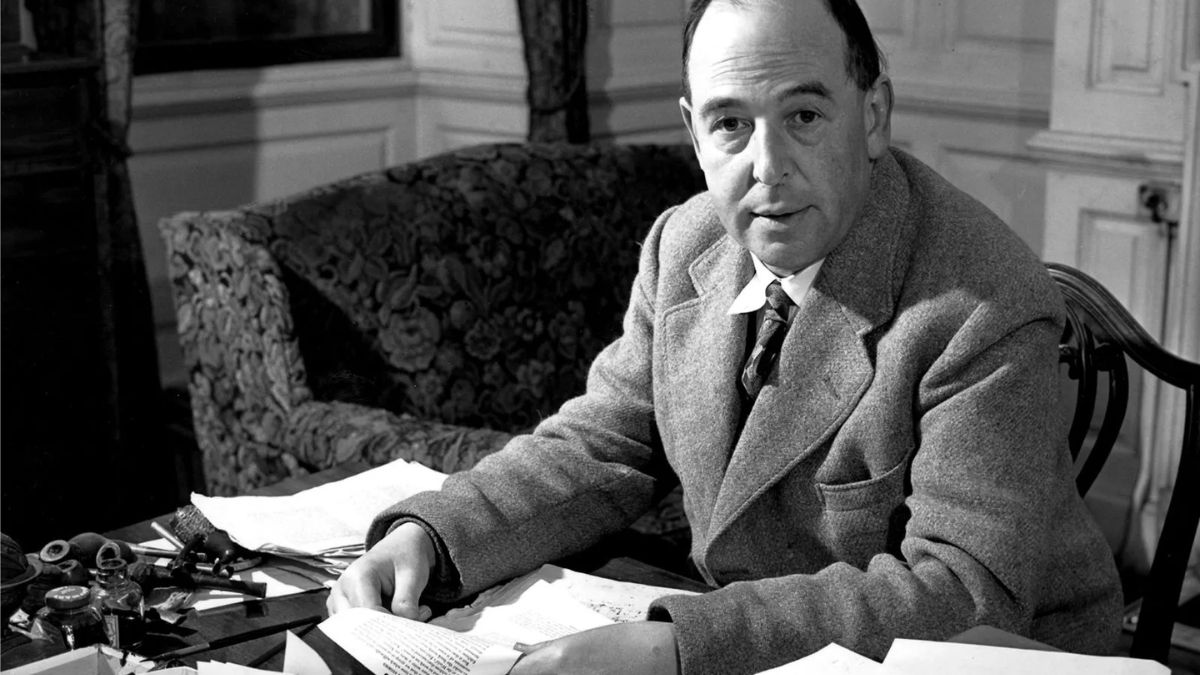

BreakPoint
Degraded Democracy
Not long after the recent terrorist attacks, bricks came flying through the window of an Islamic bookstore in Alexandria, Virginia. Ugly, racist notes were attached. The next day, fifteen bouquets of flowers arrived for the store's manager, a Palestinian immigrant. An anonymous well-wisher paid for a new window. Local ministers and a rabbi came to offer support. We've seen the same loving response to hate all over the country. For every brick thrown, an avalanche of love has been poured out on our Muslim neighbors. To many it's an illustration of how well America's experiment in democracy is working. We're showing the world that, by and large, citizens of different faiths and backgrounds can live together in harmony. The great ideological brawls of the past century are over and American ideals have triumphed over tyranny. But, Princeton philosopher Robert George warns, if we're not careful, tyranny might still win out. More than any other form of government, democracy defends the fundamental moral equality of citizens. In his new book, THE CLASH OF ORTHODOXIES, George reminds us that this moral equality is not automatic: It is achieved only when all submit to the moral law. When the institutions of a democracy are manipulated in such a way that we lose the meaning of "right," they no longer can assure human dignity. And when this happens, George notes, democracy's institutions "become mechanisms of injustice and oppression, thus defying the moral law" to which they are subject. Christianity is not alone in teaching this. People of all faiths and no faith believe that a nation's law must bow to universal standards of justice. It's a tragic irony that democratic institutions can and do devolve into tools of oppression. America's history is pockmarked by court decisions that trampled fundamental human rights -- often in the name of protecting them. It happened 150 years ago, when the Supreme Court held that blacks were non- persons, and twenty-eight years ago, when the Supreme Court decreed that mothers could murder their unborn children. More recently, federal courts have tossed out laws prohibiting physician-assisted suicide. Through these decisions, the courts betrayed the principle of equal worth and dignity that forms the moral linchpin of democracy. As George puts it, democracies degenerate into tyrannies when their laws expose "the weakest and most vulnerable members of the community . . . to private lethal violence or other forms of oppression." Such laws cannot, and should not, bind the conscience of all citizens. Disobedience to an unjust law is obedience to God, Augustine argued. Americans are justly proud of how we treat neighbors who don't share our faith. We're proud that our values are copied around the world. But the sobering truth is that our democracy is vulnerable whenever our institutions, especially the courts, ignore the moral law. If we want to keep our democracy, we must reassert the case for moral truth. This book is a wake-up call reminding us that no democracy can survive unless it is willing to preserve the common good -- by protecting fundamental human rights. For more information: Robert George, THE CLASH OF ORTHODOXIES (Intercollegiate Studies Inst., 2001).
09/8/06















